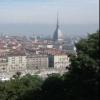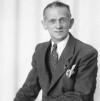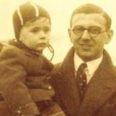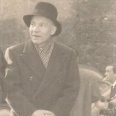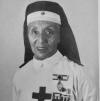Father Gianantonio from Romallo, born Giacomo Federico Agosti, was an Italian priest. Born in 1886 in Romallo, a small hamlet in the province of Trento, Giacomo Federico Agosti cultivated his religious vocation from a young age, conducting his novitiate between Lovere, Rome and Cremona. Finally, still very young, he arrived in Milan, where he took up the prestigious position of penitentiary for the foreign languages of the Duomo.
The life of Giacomo Federico Agosti, meanwhile known by the religious name of Father Gianantonio from Romallo, changed abruptly during the Second World War when, following the armistice of September, 8, 1943, several Jewish families who had fled from Germany and Austria along with many Italian Jews turned to him to be baptised, in the hope of escaping Nazi-Fascist persecution. In that challenging and dangerous context, Father Gianantonio performed an extraordinary rescue work: the priest worked hard to hide these families at the Capuchin friars' convent in Viale Piave, providing them false documents and assisting their clandestine expatriation to Switzerland, a neutral and safe country. During his generous work of humanity, Father Gianantonio was assisted by some of his confreres (Father Carlo Varischi and Father Genesio) and several priests (Father Enrico Bigatti, Father Andrea Ghetti, Father Aurelio Giussani and Father Giovanni Barbareschi), who were actively involved in the fight against Nazi-Fascism as well.
However, Father Gianantonio's courageous deeds did not go unnoticed. In June 1944, after his name had been mentioned in a court case brought against the lawyer Hans Gudmann in Bergamo, the priest was arrested and taken to San Vittore prison, where he was interrogated for a long time by Marshal Koch. Father Gianantonio's arrest caused a great media clamour, as the fascist newspapers gave abundant publicity to it, in order to intimidate other clergymen involved in similar rescue operations. Subsequently, Father Gianantonio was taken to Bolzano, where he was ordered to leave for Germany. The priest then began a difficult and lasting period of imprisonment in the Nazi concentration camps of Flossenburg, Zwickau and Dachau. In barrack number 26 of the Dachau camp, where Father Gianantonio was imprisoned until the Liberation, he shared his imprisonment with twenty-nine other Italian priests, all of whom were arrested and sentenced for opposing the actions of the Nazi-Fascists, helping persecuted Jews or collaborating with the Resistance.
In spite of his fifty-eight years of age, in Dachau Father Gianantonio was forced to perform extremely exhausting tasks, as he was obliged by the Nazi corporals to carry heavy iron bars up to twelve hours per day. During the frequent epidemics, Father Gianantonio used to offer himself, at the risk of his own life, as a volunteer nurse, so that he could provide religious assistance to the dying. In agreement with the other priests of the camp, he made sure that no barracks lacked ecclesiastical support; also for this reason, several priests of Dachau perished after contracting the petechial typhus epidemic that was sweeping through the camp.
Eventually, in April 1945, the Dachau camp was liberated by the Allies. Only a month later, on May, 29, Father Gianantonio returned to Italy, where he resumed his function as penitentiary for foreign languages at Milan Duomo immediately. In 1965 he was awarded with the prestigious gold medal by the city of Milan. Father Gianantonio died two years later in the Capuchin monastery in Viale Piave, the same place where he had hidden entire Jewish families during the Second World War.

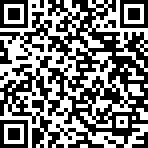



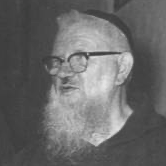















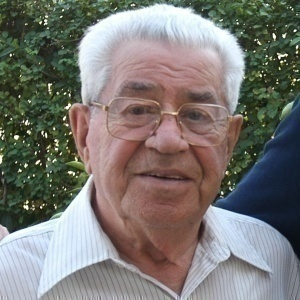

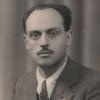
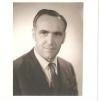



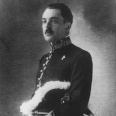




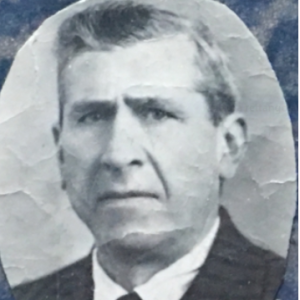


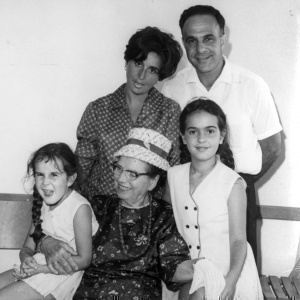

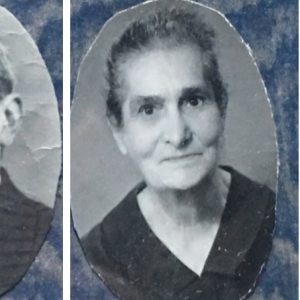

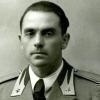



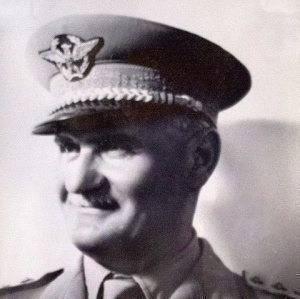
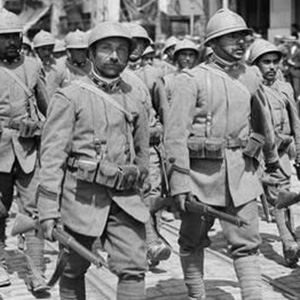


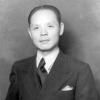

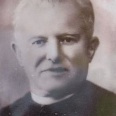
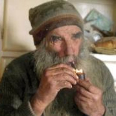
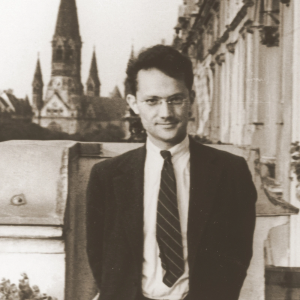

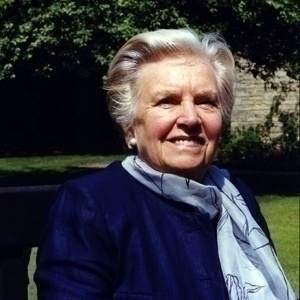

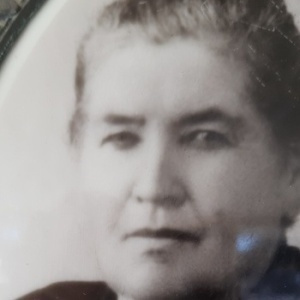


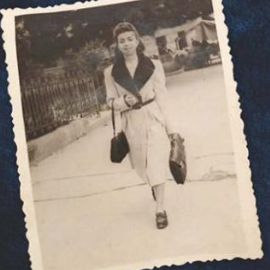

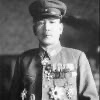


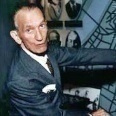


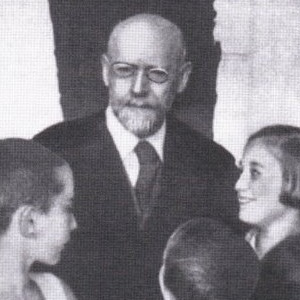

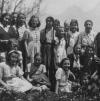




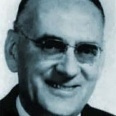

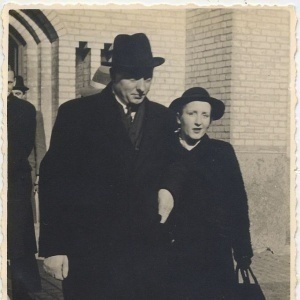

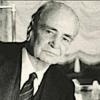

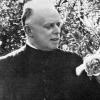

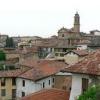



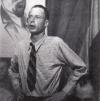


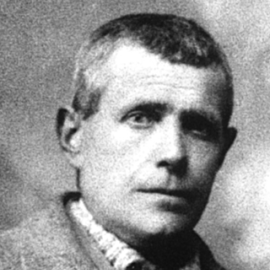
.jpg)
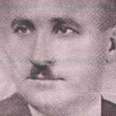

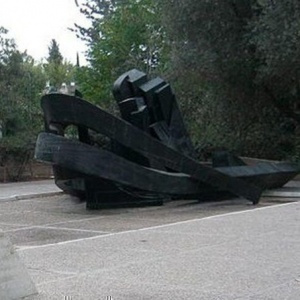
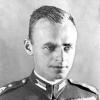

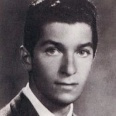

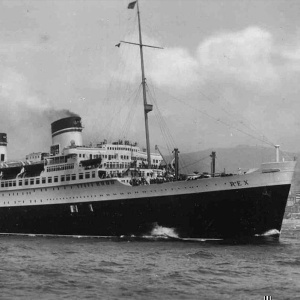
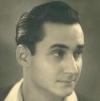
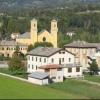
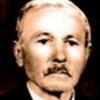
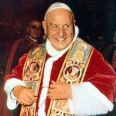
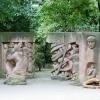


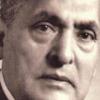





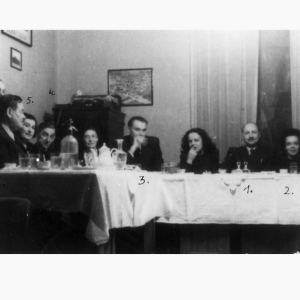

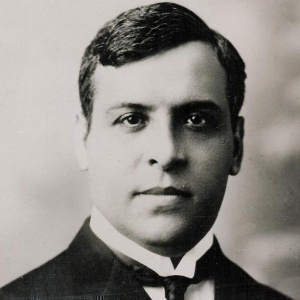







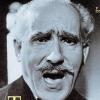
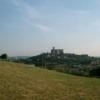
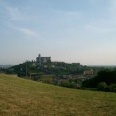
.jpeg)



